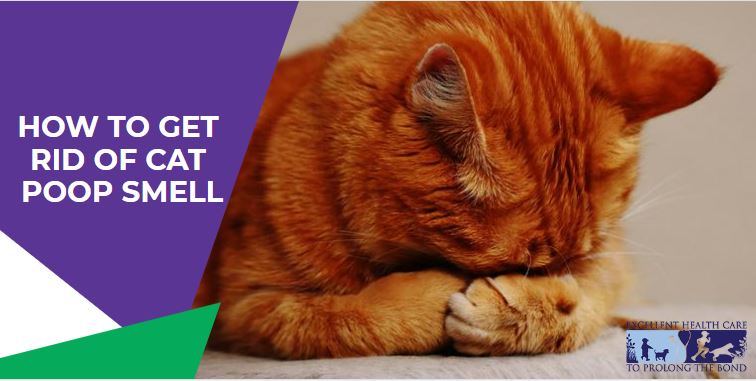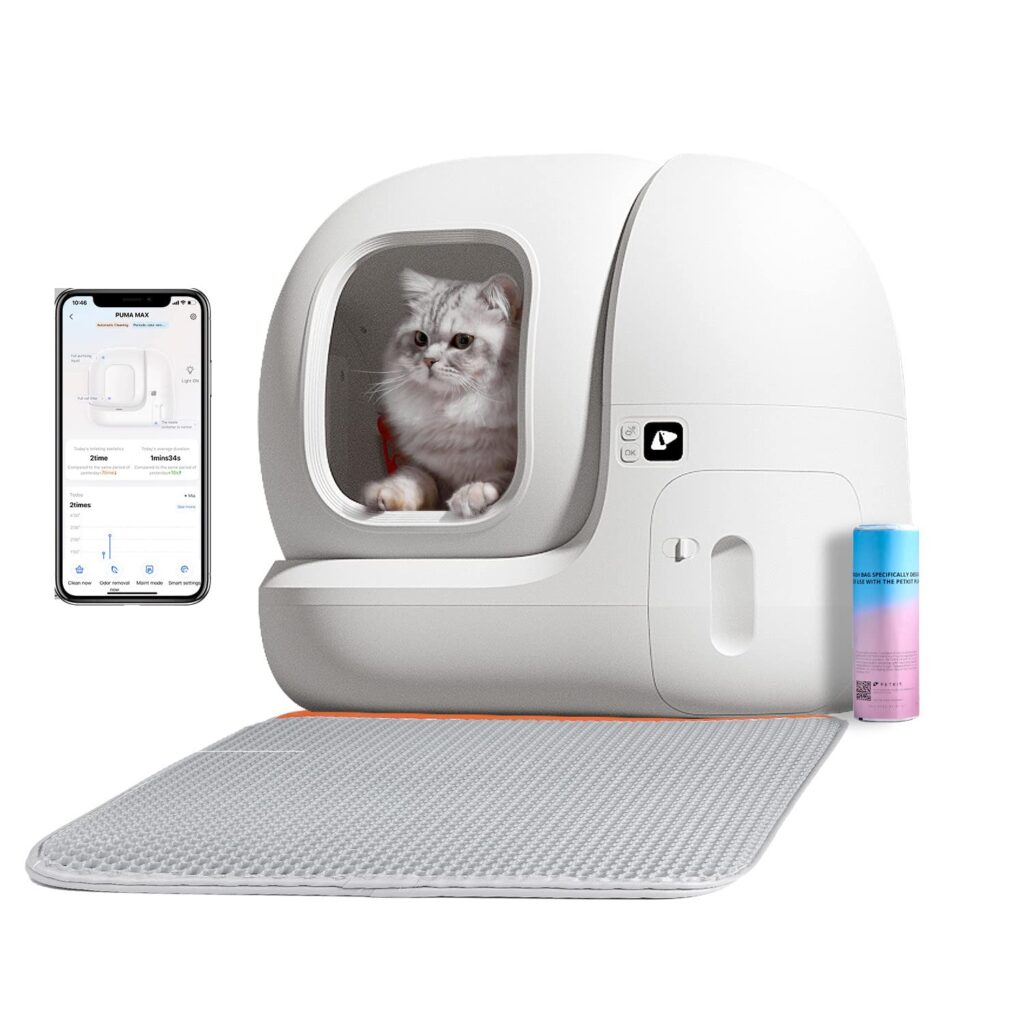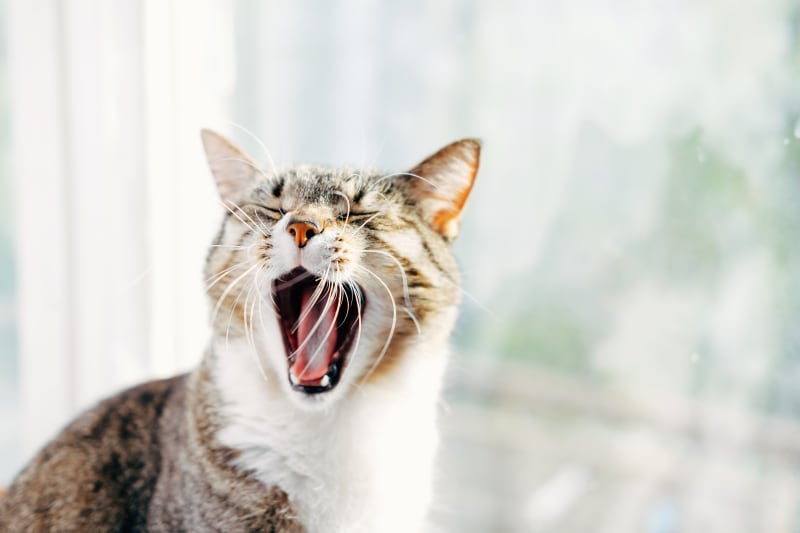Stinky cat poop can be a cause for concern, so it’s important to assess your fluff’s overall health. The smell, consistency, and frequency of the poop can indicate potential issues that may require medical attention.
Introducing a complete, balanced diet that meets your cat’s nutritional needs is crucial for maintaining healthy digestion and minimizing unpleasant odors. Additionally, ensuring access to fresh water and monitoring changes in litter box habits can help detect any potential problems early on.
Certain factors, such as diet changes, stress, parasites, or underlying medical conditions, can contribute to malodorous feces. If you notice persistent foul smells, accompanying symptoms like changes in appetite, weight loss, or diarrhea, it is advisable to consult with a veterinarian for a proper diagnosis and tailored treatment plan. Taking a proactive approach to your cat’s overall well-being can help ensure a happy and healthy fluff.
Contents
1. **understanding Stinky Cat Poop**
Is your fluff leaving stinky surprises? Understand stinky cat poop and find out if you should be worried about your furry friend’s health.
Factors Contributing To Stinky Cat Poop | |
Stinky cat poop is a common concern among pet owners. Various factors can contribute to the unpleasant odor emanating from your feline friend’s litter box. A dietary change may be one of the primary culprits. If you’ve recently switched your cat’s food or introduced new treats, it could affect the smell of their feces. Additionally, digestive issues such as intestinal parasites or digestive disorders can lead to foul-smelling stools. It’s important to understand the difference between normal and abnormal poop odor. Normal cat poop generally has a slightly unpleasant smell, but if the odor becomes strong and persistent, it may indicate an underlying health problem. Recognizing changes in your cat’s poop smell is crucial in identifying potential issues. If you notice a persistent change in smell, it’s advisable to monitor your cat for any other symptoms such as diarrhea, vomiting, or lethargy, and consult your veterinarian for a proper diagnosis and treatment. | |

Credit: richmondvalleyvet.com
2. **potential Health Concerns**
Health conditions causing foul-smelling poop can be a cause for concern for pet owners. Poor digestion and dietary issues can lead to unpleasant odors emanating from your cat’s litter box. Ensure that your fluff is consuming a balanced diet, rich in proteins, fibers, and essential nutrients. Additionally, parasites and bacterial infections can also result in foul-smelling excrement. Regular preventive treatments can help keep these issues at bay.
Furthermore, intestinal blockages and other physical ailments may contribute to stinky cat poop. It’s crucial to monitor your cat’s behavior and bowel movements for any signs of discomfort or irregularities. If you notice persistent foul odors or accompanying symptoms like diarrhea or vomiting, it’s best to consult a veterinarian for a comprehensive examination and proper diagnosis. Timely intervention and appropriate treatments will ensure the well-being of your feline companion.
3. When To Consult A Vet
Stinky cat poop can be a cause for concern, but it’s important to know when you should consult a vet. Monitoring your cat’s poop habits is essential to ensuring their overall health and well-being. Keep an eye out for any red flags that may indicate underlying health issues. This includes a persistent foul smell that doesn’t go away with regular litter box cleaning. Additionally, any changes in the appearance of the poop, such as consistency, color, or the presence of blood, should be taken seriously. If you notice any other accompanying symptoms like vomiting, lethargy, or loss of appetite, it’s important to seek professional veterinary advice promptly. Remember, your cat’s poop can provide important clues about their health, so don’t hesitate to reach out to your vet if you have any concerns.
Frequently Asked Questions Of Stinky Cat Poop: Is Your Fluff Okay? Should You Be Worried?
What Does It Mean If Your Cat’s Poop Smells Really Bad?
If your cat’s poop smells really bad, it could indicate an underlying health issue. It’s important to monitor your cat’s diet and check for any changes in their behavior or appetite. If the smell persists or you notice other signs, consult a veterinarian to ensure your cat’s well-being.
How Do You Know If Cat Poop Is Unhealthy?
Unhealthy cat poop can be identified by its unusual color, strong odor, or inconsistent texture. It may also contain mucus, blood, or foreign objects. If you notice changes in your cat’s poop, consult a vet to determine if there is an underlying health issue.
Does Healthy Cat Poop Smell Bad?
Healthy cat poop generally has a mild odor that is not overwhelmingly bad.
What Is The Most Common Cause Of Smelly Stool?
The most common cause of smelly stool is dietary factors, such as consuming foods high in sulfur or certain medications. It can also be a sign of digestive disorders or infections. Maintaining a healthy diet and seeking medical advice can help identify and address the cause.
Conclusion
Keeping an eye on your cat’s poop is essential for their health. Stinky cat poop can indicate various health issues, from dietary problems to infections. If you notice a persistent foul odor, changes in consistency, or any other concerning signs, it’s crucial to consult your vet for a proper diagnosis and treatment plan.
Remember to maintain a well-balanced diet and provide a clean litter box to keep your fluffy friend happy and healthy.

Katie Lindsey is a passionate cat lover and founder of Cats Solution, a comprehensive resource for all things feline. With a lifelong love for cats and extensive knowledge in their care and behavior, she provides expert advice and solutions to cat owners. Through her website, Katie fosters a supportive community where cat enthusiasts can find guidance and heartwarming stories. A dedicated advocate for animal welfare, Katie also promotes responsible pet ownership and adoption. Join her on this purr-fect journey celebrating the joy of feline companionship.



